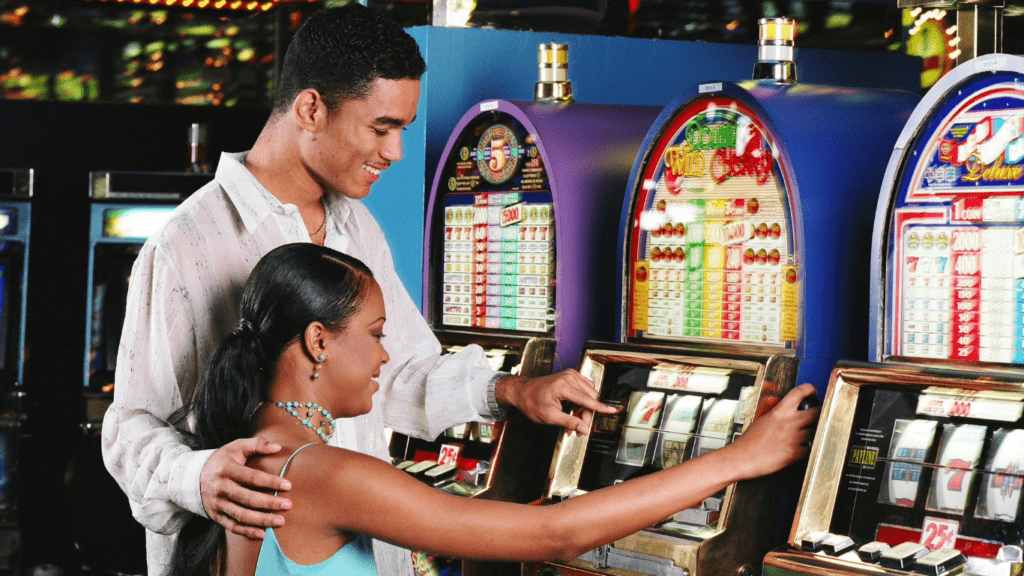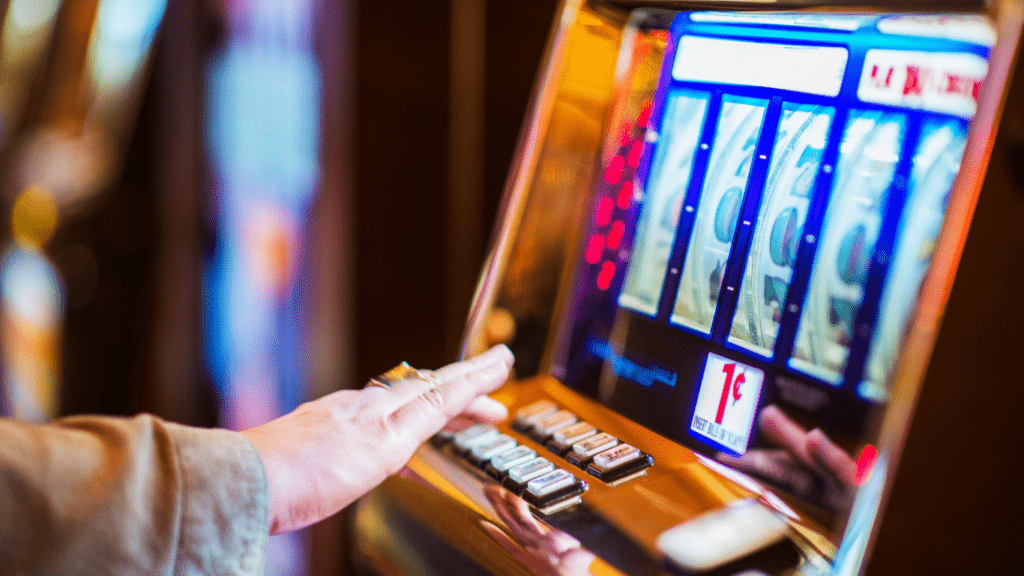Slot machines are more than just flashing lights and spinning reels—they’re designed to keep us engaged and coming back for more. I’ve always been fascinated by how these games tap into human psychology, influencing our decisions and emotions without us even realizing it. Understanding the mechanics behind this can make all the difference between playing for fun and losing control.
Understanding The Psychology Of Slots
Slot machines leverage psychological principles to create engaging player experiences. Recognizing these tactics helps me maintain control and make thoughtful decisions while playing.
How Slot Machines Are Designed To Captivate
- Slot machines use design elements that trigger emotional responses.
- Flashing lights, vibrant colors, and engaging sounds create sensory stimulation, enhancing excitement.
- The unpredictability of wins keeps players engaged, as intermittent rewards activate the brain’s reward system.
- Game themes, from adventure stories to popular franchises, add personal appeal and emotional connection.
- I also notice that near-miss outcomes—where symbols almost align—motivate continued play by imitating progress.
- Modern machines offer multiple paylines, creating frequent small wins and a sense of accomplishment.
- These elements work together to heighten immersion and maintain interest.
The Role Of Reinforcement And Rewards
Reinforcement mechanisms in slots encourage repeated play. Variable-ratio reinforcement schedules, where rewards are unpredictable, are highly effective. My brain links the unexpected success of a jackpot to the belief that another big win is possible with enough spins. Even small payouts act as positive reinforcement for continued play.
Loyalty rewards, like bonus points or free spins, also attract players. These incentives create a sense of achievement and encourage long-term engagement. I focus on recognizing these patterns to prevent impulse-driven behavior.
Common Psychological Traps In Slot Gaming
Slot machines often exploit cognitive biases, leading players to make irrational decisions. Recognizing these traps can help maintain focus and adopt smarter gaming strategies.
The Illusion Of Control
Many players perceive they can influence game outcomes despite slots being governed by random number generators (RNGs). Pressing buttons with specific timing or choosing particular machines creates a false sense of influence. These actions trigger psychological comfort but don’t affect win probabilities. Understanding that spins are entirely random helps mitigate this deceptive belief.
The Gambler’s Fallacy
Players sometimes assume past outcomes predict future ones, believing a win is “due” after a losing streak. This misconception ignores that each spin is statistically independent. For instance, a slot machine that hasn’t paid out recently isn’t more likely to produce a win. Awareness of this fallacy prevents chasing losses and promotes rational decision-making.
Strategies To Stay Focused While Playing Slots

Maintaining focus while playing slots is critical to enjoying the game and avoiding impulsive decisions. By applying structured strategies, I stay in control and make smarter gaming choices.
Setting Limits And Managing Time
I establish strict financial and time limits before playing slots. A preset bankroll ensures I never spend more than I can afford, irrespective of winning or losing streaks. For example, I might set a $50 budget for a session and stick to it, even when tempted to exceed it. Similarly, an allotted time frame, such as 30 or 60 minutes per session, helps me remain mindful of how long I’ve been playing. Using timers or alarms can reinforce this strategy.
Taking regular breaks improves focus and reduces mental fatigue. After playing for 20-30 minutes, I step away, stretch, or hydrate to reset my mind. This pause prevents tunnel vision and keeps me alert for better decision-making.
Recognizing Emotional Triggers
I monitor my emotions to avoid playing when stressed, frustrated, or overly excited. Gambling on slots as a coping mechanism often leads to rash decisions and overspending. For instance, if I feel frustration after consecutive losses, I stop and step away rather than chasing wins to recover losses.
By identifying patterns in my emotional reactions, I can curb impulsive behaviors. For example, I notice that rapid music or flashing lights might make me bet faster. In such instances, I consciously slow my gameplay to maintain control. Self-awareness is vital for staying focused and keeping gameplay enjoyable rather than emotionally driven.
Playing Smart: Tips To Maximize Enjoyment And Minimize Risk
Staying focused and employing smart strategies can enhance enjoyment while minimizing risks in slot gaming. Effective measures prioritize:
- responsibility
- awareness
- self-control
The Importance Of Responsible Gambling
Understanding responsible gambling creates a foundation for enjoyable play. I actively ensure that I’m playing within my means by setting a budget before starting and deciding not to exceed it, even during winning or losing streaks. This helps me separate entertainment from potential financial stress.
I also avoid chasing losses, recognizing that outcomes are based on random chance. Instead, I remind myself that losses are part of the game. For sessions to remain enjoyable, I treat gambling as a leisure activity rather than a means to make money. This perspective allows me to make rational choices and sustain focus.
Knowing When To Walk Away
Recognizing the right time to stop is a critical component of smart slot gaming. I determine ahead of time both a loss limit and a win limit. For example, if I reach my predefined losses or hit a satisfying win, I end the session immediately. This approach prevents me from falling into the trap of overplaying.
Taking frequent gameplay breaks is another practice I follow to keep myself grounded. Short pauses offer time to evaluate my emotions and decisions, ensuring I don’t engage in impulsive behavior. If I feel overly frustrated or elated, I stop playing to avoid letting emotions influence my choices. Knowing when to step away keeps the experience positive and balanced.




